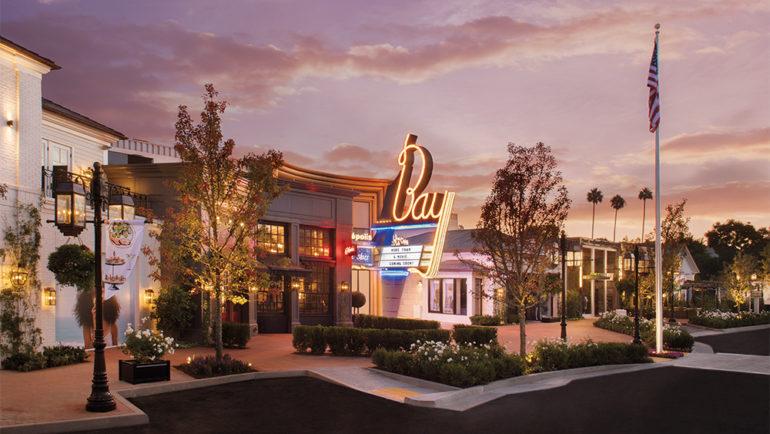Hollywood Races for Commercial Real Estate Spaces
By Kathy A. McDonald
LOS ANGELES (Variety.com) – There’s no room in Hollywood. Unprecedented low vacancy rates in the single digits equals a competitive race from soundstages to Class A creative office space from the Valley to the Pacific.
“The occupancy around town is at 97%, an all-time record,” says Jones Lang LaSalle’s Carl Muhlstein, an international director with the real estate and investment management services company. The veteran real-estate pro helped sign Viacom into Kilroy Realty’s Columbia Square and Netflix to Kilroy Realty’s ON Vine, the city block-sized, mixed use complex, with 16,500 square-feet of purpose-built studio and production space, under construction just south of Sunset Boulevard between Vine Street and Cahuenga Boulevard.
Tech giants (Netflix, Amazon, Google and Apple) and their deep-pocketed investments into streaming and content production are driving the demand for entertainment biz-focused properties in L.A.’s red-hot commercial real estate sector. A dramatic change in leasing terms, per Muhlstein, is another factor: instead of booking soundstages as needed (once a show was picked up), the new norm is to lock in available square footage via long-term leases. “There’s been record pre-leasing by entertainment and media companies of new construction projects before completion,” he adds.
Feeding the frenzy are third-party players (Hackman Capital, Worthe Real Estate, CIM Group and Kilroy Realty). Look no further than recent purchases and announcements for proof of the sector’s vibrancy.
Major deals include the buyout of the midcentury modern style CBS Television City by Hackman Capital Partners for $750 million, Amazon and its subsidiaries’ leasing of the Culver Studios and adjacent Culver Steps development, both also owned and redeveloped by Hackman Capital Partners; CIM Group’s acquisition and addition of contemporary office towers on The Lot; and Worthe Real Estate’s build out for Warner Bros. of two Frank Gehry designed office towers adjacent to the Burbank Studios, acquired by Warner Bros. earlier this year.
Partially fueling investment and growth is the low cost of capital: combine low interest rates with the rise of content providers and demand seems to be outstripping the current supply, certainly in the affordable housing sector.
“The market is very strong and you could argue it might be too strong and overheated,” says Rick Caruso, the billionaire developer closely tied to Southern California’s fortunes. “I think we have to be mindful as a city to drive business here and not take it for granted.”

